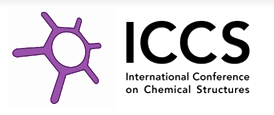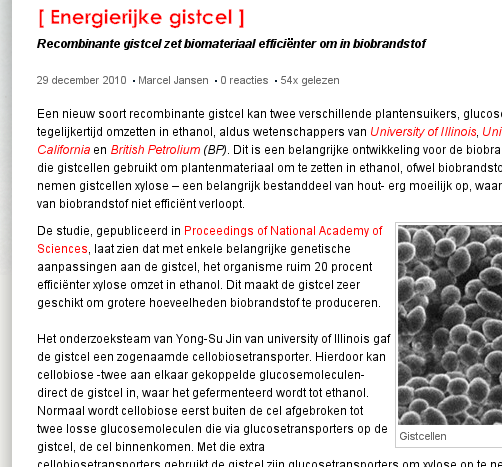-
ChEMBL 09 as RDF
Update 2021-02: this post is still the second-most read post in my blog. Welcome! Some updates: -

GitHub Tip: download commits as patches
Some time ago, the brilliant GitHub people gave me the following tip. Rajarshi is lazy, and might find it interesting. By appending .patch to the commit URL, a commit can easily be downloaded as patch. That way, developers can easily download it with wget or curl and apply it locally with git am, without having the fetch the full repository. -
Converting JSON to RDF/XML with Groovy
Mark’s new CCO/RDF hosting functionality (see also my post two days ago) requires RDF/XML format, so I updated my code to convert the Chempedia Substances data into RDF/XML instead of N3 (I have asked Rich to put a new download link online). This is the Groovy code I used: -
Oscar: training data, models, etc
Oscar uses a Maximum Entropy Markov Model (MEMM) based on n-grams. Peter Corbett has written this up (doi:10.1186/1471-2105-9-S11-S4). So, it basically is statistics once more. If you really want a proper bioinformatics education, so do your PhD at a (proteo)chemometrics department.


